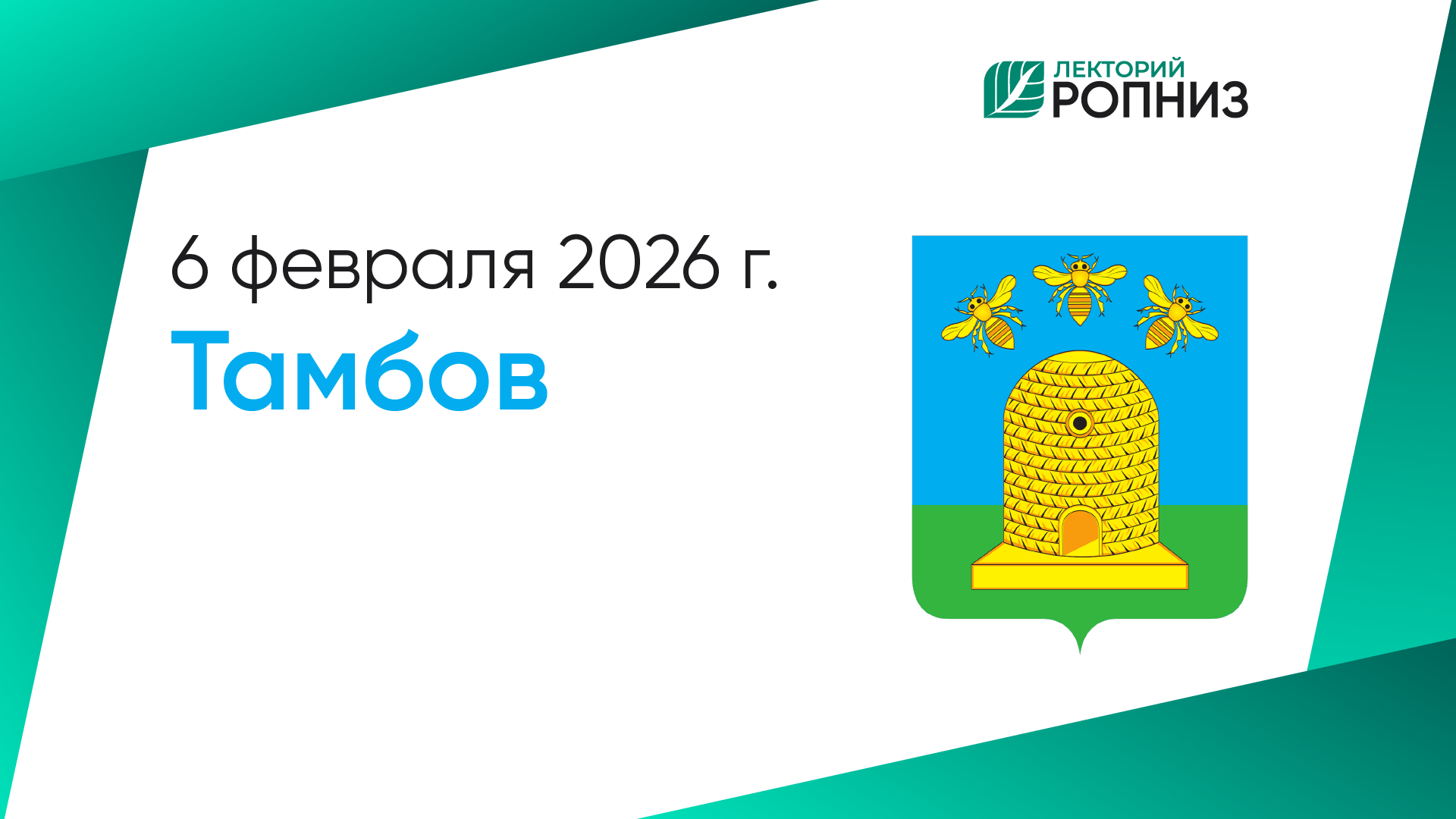Influence of L-carnitine on reactive oxygen species production by blood phagocytes in postinfarction cardiosclerosis patients
https://doi.org/10.15829/1728-8800-2016-5-28-32
Abstract
Aim. To study the influence of L-carnitine on reactive oxygen species production by phagocytes in blood of patients with postinfarction cardiosclerosis.
Material and methods. Peroxide species formation was registered via lucigenine-dependent chemiluminescence by luminometer “Biotox-7” (Russia) in 15 patients with postinfarction cardiosclerosis. We studied the baseline and stimulated by forbole ether (PMA) chemiluminescence, and inhibitory activity of L-carnitine.
Results. In whole blood samples of the patients after myocardial infarction there was spontaneous chemiluminescence registered, that witness on the pre-activated (primed) phagocytes presence in blood. The response to addition of PMA (1mcM), after latent time period (96±15 s), was as the significant increase of active oxygen species formation. L-carnitine (3 mM), added after PMA, decreased the amplitude of maximum response to PMA by 18±3%. L-carnitine (30 mM) seriously suppressed the spontaneous formation of oxygen species formation. At the background of L-carnitine action (30 mM) with addition of PMA (1 mcM) there was increase of latent time by 1,9 times, and decrease of oxygen reactive species generation with the decrease of amplitude of maximum response on this agent, by 2,3 times.
Conclusion. L-carnitine does decrease spontaneous and induced by PMA reactive oxygen species production by pre-activated (primed) phagocytes of blood of post infarction cardiosclerosis patients. This data points on antioxidant activity of higher L-carnitine concentrations and on its ability to decrease systemic oxydative stress in dose-dependent manner for the studied kind of patients.
About the Authors
E. I. AstashkinРоссия
M. G. Gleser
Россия
N. S. Orekhova
S. V. Grachev
Россия
A. E. Kiseleva
Россия
References
1. Zweier J.L., Talukder M.A.H. The role of oxidants and free radicals in reperfusion injury. Cardiovasc Res., 2006; 70:181– 190.
2. Clempus R.E., Griendling K.K. Reactive oxygen species signaling in vascular smooth muscle cells. Cardiovasc Res., 2006; 71: 216 – 225.
3. Santos C.X.C., Anilkumar N., Zhang M. et al. Redox signaling in cardiac myocytes. Free Radic Biol Med. 2011; 50(7): 777–793.
4. Vinten-Johansen J. Involvement of neutrophils in the pathogenesis of lethal myocardial reperfusion injury. Cardiovasc Res., 2004; 61:481– 497.
5. Astashkin E.I., Glezer M.G. Pharmacological regulation of energy substrates metabolism in cardiomyocytes in pathological conditions associated with ischemia . Cardiovascular therapy and prevention, 2006;5(2):112-123. (Russion). Асташкин Е.И., Глезер М.Г. Фармакологическая регуляция обмена энерегетических субстратов в кардиомиоцитах при патологических состояниях, связанных с ишемией.Кардиоваскулярная терапия и профилактика, 2006, 5(2): 112-123.
6. Palmieri F: Diseases caused by defects of mitochondrial carriers: a review. Biochem Biophys Acta, 2008; 1777: 564-578. 7. Astashkin E.I., Glezer M.G. The role of L-carnitine in energy metabolism of cardiomyocytes and treatment of the cardiovascular system diseases. Cardiology and Cardiovascular Surgery, 2012;6(2):58-65. (Russian). Асташкин Е.И., Глезер М.Г. Роль L-карнитина в энергетичесокм обмене кардиомиоцитов и лечении заболеваний сердечно-сосудистой системы. Кардиология и сердечно-сосудистая хирургия, 2012, 6(2): 58-65.
7. Lee BJ, Lin JS, Lin YC, Lin PT.. Effects of L-carnitine supplementation on oxidative stress and antioxidant enzymes activities in patients with coronary artery disease: a randomized, placebo-controlled trial. Nutr J , 2014; 13:79. DOI: 10.1186/1475-2891-13-79.
8. Gray RD, Lucas CD, Mackellar A, et al. Activation of conventional protein kinase C (PKC) is critical in the generation of human neutrophil extracellular traps. J Inflamm (Lond). 2013 Mar 21;10(1):12. doi: 10.1186/1476-9255-10-12.
9. Yamasaki T., Takahashi A., Pan J., et al. Phosphorylation of Activation Transcription Factor-2 at Serine 121 by Protein Kinase C Controls c-Jun-mediated Activation of Transcription. J Biol Chem.,2009; 284 (13): 8567–8581.
10. Surai PF. Antioxidant action of carnitine: molecular mechanisms and practical applications EC Veterinary Science, 2015; 2(1): 66-84.
11. Astashkin E.I., Glezer M.G. Effect of L-carnitine supplementation on oxidative stress in cardiovascular diseases. Medical Council, 2016;10: 94-100. (Russian). Асташкин Е.И., Глезер М.Г. Влияние L-карнитина на оксидативный стресс при сердечно-сосудистых заболеваниях. Медицинский Совет, 2016; 10: 94-100.
12. Reznick A.Z., Kagan V.E., Ramsey R., et al. Antiradical effects in L-propionyl carnitine protection of the heart against ischemia-reperfusion injury: The possible role of iron chelation. Arch Biochem Biophys. 1992;296(2):394-401.
13. Gülçin I. Antioxidant and antiradical activities of L-carnitine. Life Sci., 2006; 78(8): 803-811.
14. Solarska K., Lewińska A., Karowicz-Bilińska A., Bartosz Gr. The antioxidant properties of carnitine in vitro. Cell Mol Biol Lett. 2010;15(1):90-7.
15. Anderson E.J., Kypson A.P., Rodriguez E., et al. Substrate-specific derangements in mitochondrial metabolism and redox balance in the atrium of the type 2 diabetic human heart. J Am Coll Cardiol, 2009; 54(20): 1891-8198.
16. Kolodziejczyk J., Saluk-Juszczak J., Wachowicz B. L-carnitine protects plasma components against oxidative alterations. Nutrition, 2011; 27(6): 693-699.
17. Vanella A., Russo A., Acquaviva R et al. L-Propionyl-carnitine as superoxide scavenger, antioxidant, and DNA cleavage protector. Cell Biol Toxicol. 2000;16(2):99-104..
18. Banihani A.A., Bayachou M., Alzoubi K. L-carnitine is a calcium chelator: a reason for its useful and toxic effects in biological systems. J Basic Physiol Pharmacol., 2015; 26(2):141-145.
19. Saluk-Juszczak J., Olas B., Wachowicz B., et al. L-carnitine modulates blood platelet oxidative stress. Cell Biol Toxicol. 2010; 26(4):355-365.
Supplementary files

|
1. Рисунки к статье Асташкина Е.И. и соавт | |
| Subject | ||
| Type | Результаты исследования | |
Download
(546KB)
|
Indexing metadata ▾ | |
Review
For citations:
Astashkin E.I., Gleser M.G., Orekhova N.S., Grachev S.V., Kiseleva A.E. Influence of L-carnitine on reactive oxygen species production by blood phagocytes in postinfarction cardiosclerosis patients. Cardiovascular Therapy and Prevention. 2016;15(5):28-32. (In Russ.) https://doi.org/10.15829/1728-8800-2016-5-28-32
JATS XML

























































